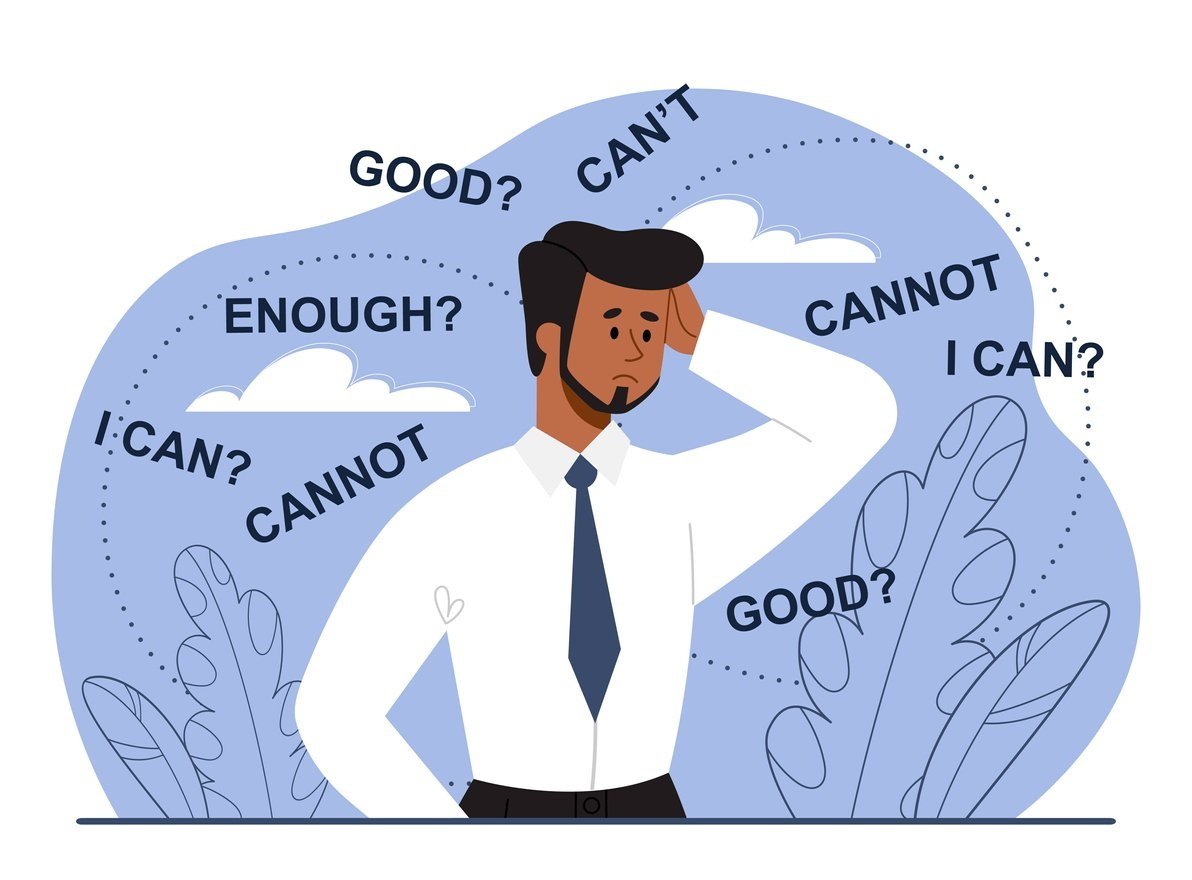Keeping It Positive!
Dear Caregivers,
If you change the voices in your head, you can change yourself. This is according to recent scientific research, and the results suggest that we all should pay close attention to this important aspect of taking care of yourself as a caregiver of a loved one suffering from Alzheimer’s.
Everyone has, to some extent or another, an “inner” voice that runs through their mind as they go through their day. Sometimes the voice says something trivial, such as “don’t forget to pick up milk!” or “Wow, you don’t see that every day”.
But occasionally, that voice can take on a darker tone and turn critical. Before giving a big presentation at the office the voice might say, “You’ve never been very good at this, and you are going to blow it again this afternoon”. Or while you are rushing to get to an appointment it might say “You are late again, which is so typical, and why you will never amount to anything.” Or the voice could paint a bleak vision of the future, saying, “Your loved one’s disease is only going to get worse, and make caregiving harder, and will destroy your life”... And so on.
Unfortunately, many of us have occasional bouts of these dark voices appearing from time to time. But we don’t have to accept that condition — we can change it through “positive self-talk” or “affirmations.” As unlikely as it might sound, consciously changing the words and tone of your inner voice can create dramatic changes in your brain and body. Researchers using brain scans found that people who engaged in positive self-talk had certain areas of their brains light up with activity — areas that were associated with better decision-making and calmness. At the same time, their bodies responded with reduced levels of stress hormones.
Here’s how to take control of that voice in your head: When you find your inner voice taking on a darker tone, stop. Take a few relaxation breaths and consciously alter the words that are running through your mind. For example, if your inner voice says “This is going to be too hard; I won’t be able to do it”, consciously change the narrative to say “This is going to be challenging, but I’m going to give it everything I can”. If the voice says “I always screw up when I do this”, change the voice to say “I’m someone who is always learning from mistakes”. If the voice says, “I am cursed with having to deal with this horrible disease”, replace it with something such as “I am so grateful for all I have had, the important role I am now playing for my loved one, and the special times I know will come.”
Here's an important tip: Practice doing positive self-talk at least once a day, so you can count on your ability to change the inner narrative when you need to. Set aside one or two times a day to spend a few minutes to sit quietly and proactively engage in positive self-talk, reading from a set of affirmations that you have recorded in a journal, for example. Research has also shown that using the pronoun “you” instead of “I” has an even stronger effect. Thus, in the example above, your inner voice would say: “You are someone who always learns from mistakes”.
Caregiving is one of the hardest jobs in the world. But by taming your dark inner voice and turning it into a positive, encouraging companion, you can change your mind and body for the better.
Here is some other guidance on keeping your mind and body positive:
Keep a Daily Journal:
Journaling has shown to provide relief from grief and anger, reduce depression, improve self-care, and enhance relationships. Here’s how to start.
Finding the Joy as a Family Caregiver:
The challenge that family caregivers face is to learn acceptance, to live in the present moment, and to let go of things you cannot control. This is a challenge to be sure, but if there can be any joy in caregiving, this is where it is.
How to Practice a Daily Meditation:
Over the last decades, scientific research has shown that only 20 minutes of daily meditation has dramatic effects on mental and physical health. Here’s how to do it.
Remember, if you can’t find the information you need on our website, you can always “Ask NAN” by clicking on this link.
Best,
Rosemary D Laird, MD, MHSA
Founder and Chief Medical Officer
"We have to learn to be our own best friends because we fall too easily into the trap of being our own worst enemies.”
— Roderick Thorp




